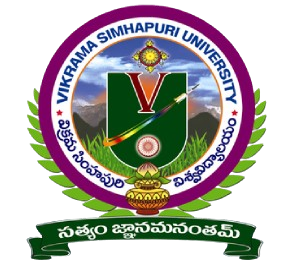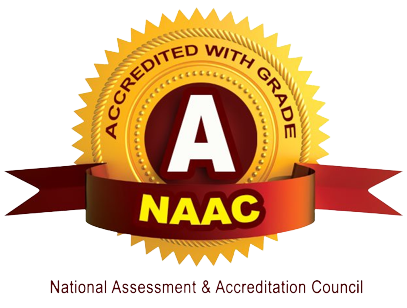Government of India has a new vision and architecture for higher education has been envisaged with large, well resourced, vibrant multidisciplinary institutions for teaching and research, significantly expanding research and capacity while building strong educational communities. There was a progress in some aspects ,a mind freezing uniformity exits in the education system of India today, one in which students are not nurtured for their individual potential, in contrast to our ancient traditions. After Independence, India have been preoccupied largely with issues of access and equity and have unfortunately dropped the baton with regard to quality of education.
Globalization and the demands of a knowledge economy and a knowledge society call for emphasis on the need for acquisition of new skills by learners on a regular basis, for them to learn how to learn and become lifelong learners. Young learners today belong to a generation that is born and raised in technology-rich environments. They will use technologies that have not been invented so far and enter jobs that do not exist at present. The narrow time lag between the generation of new knowledge and its application, especially in the fields of science and technology, necessitate the periodic renewal of school and higher education curricula to maintain their relevance to the changing societal and personal needs of learners and the emerging national development goals. So, it is essential that youth in the country are equipped with the knowledge, skills, attitudes and values as well as employable skills that would enable them to contribute to India’s social, economic, and political transformation. The agenda for sustainable development goal 4 (SDG4) of the 2030 seeks inclusion and fostering quality education and it requires an effective system to support learning, including supportive organizations, resources, and sound policies. Such a lofty goal will require the entire education system to be reconfigured to support learning. OBJECTIVES OF THE SEMINAR 1. The seminar aims to create awareness among teaching fraternity about National Education Policy-2019 2. To find out the different education models proposed in NEP-2019 3. To assess the need of the multispectral and multidisciplinary approaches to improve the high quality of Education in India 4. To study the role & Challenges faced by faculty of Indian Universities. Sub Themes of the Seminar:
Leadership and management issues in teaching profession.
|




